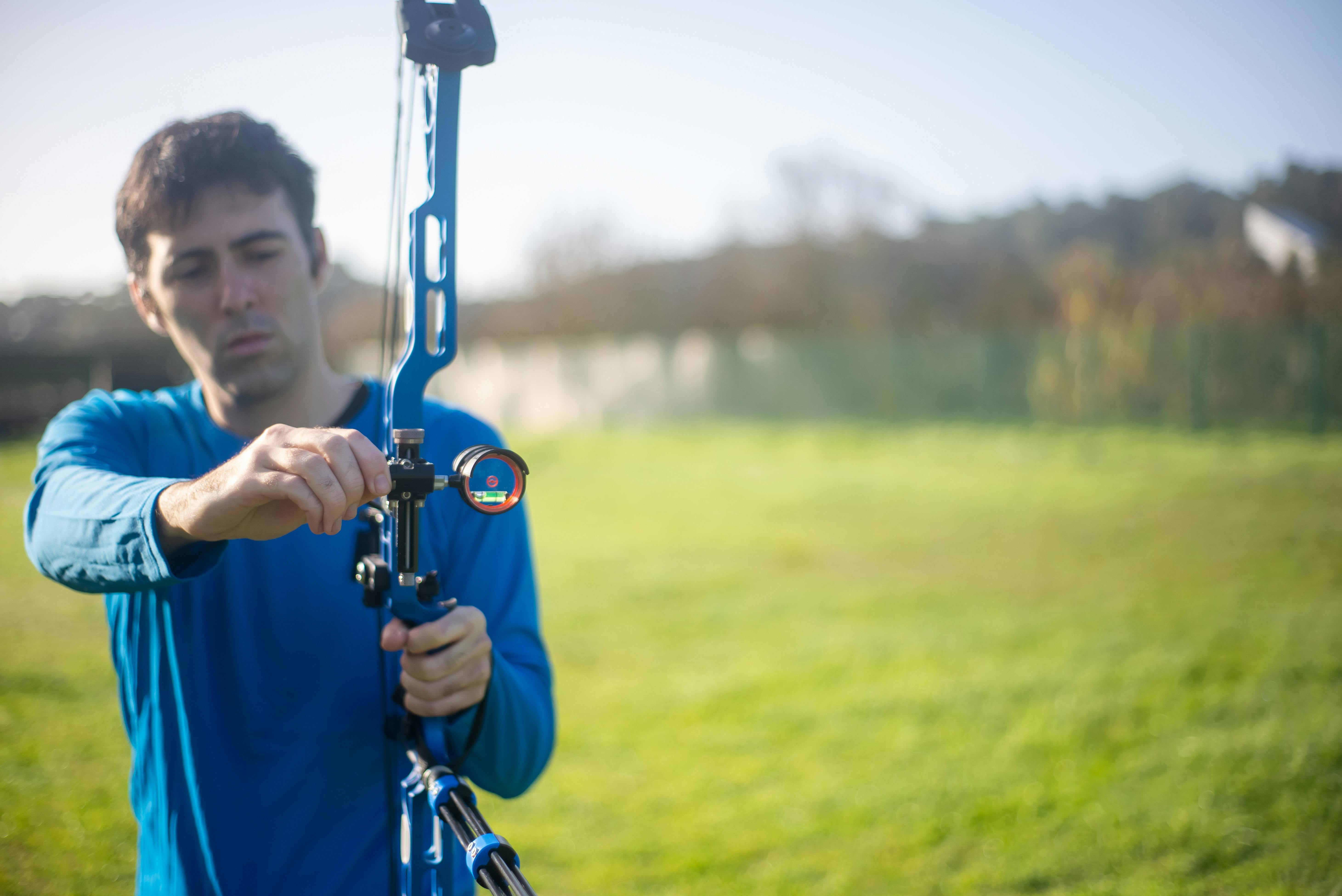What comes to mind when you think of an open water race? Can you imagine frantic swimmers flailing and swimming on top of each other? Does that thought worry you? I also! What can you do to make the start more manageable?
1. Preparations
Get to the start of the race early. You want to avoid the rush when donning your wetsuit. To avoid tears, use BodyGlide, go slowly and pinch the neoprene instead of nailing it. You should wear your race cap, but you may want to wear your regular cap underneath for extra warmth. Prepare your glasses with an anti-fog treatment. I find Foggle Wipes work best.
2. Enter the water
With a beach start, run straight into the water to about hip height, then snorkel with dolphins. This involves using a butterfly-like motion while diving. You can grab the sand with your hands to propel yourself forward. Lower your feet and push down on the bottom. Repeat as needed until the waves have passed and the water becomes deeper. Practice this start in a shallow pool or on the beach to master the skill.
Does that technique sound completely impossible? Less experienced competitors should try to enter the water as smoothly as possible. Focus on staying relaxed and calm.
Deep water starts involve floating in the water while waiting for the horn. A wetsuit really helps here both in terms of buoyancy and warmth. If you can find a dock to grab while you wait, use it to save power. Note your position in the water. Give space to elite swimmers and position yourself at your own pace.
3. Start of the race
The most difficult and stressful part of open water swimming is getting started. The beginnings can be crazy. Expect to be hit – your arms may collide, someone’s elbow may fall on your goggles, or a competitor may swim over you. Preparation offers the best way to handle this. Imitate this crowded situation as much as possible during practice. The more you’ve been hit, the less it will affect your focus on the run. You should also expect to run the first few hundred yards. Serious competitors will want to advance early to get ahead of the pack. Beginners, on the other hand, may choose to lag a bit behind and allow the crowd to move forward first. If you feel very insecure, stay to the side and late in the race. Keep in mind that you shouldn’t start too fast and feel overwhelmed. The excitement of the beginning can push you to swim harder than you should, leaving you struggling to finish.
Summary
The start is the most stressful aspect of your swimming career. Preparing well by avoiding feeling rushed, managing the water intake, and quickly adjusting to your own pace will help relieve pressure.



